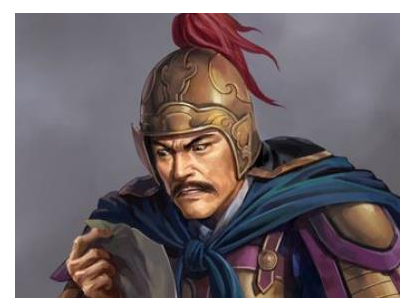The eyes, known as the "window of the soul", are associated with many idioms in Chinese traditional culture, among which there are many with beautiful meanings. These idioms are not only linguistically elegant, but also rich in philosophy, providing inspiration and encouragement to people.

Firstly, the idiom "明目张胆" (míng mù zhāng dǎn) originally meant to do things boldly with one's eyes open. Nowadays, it is often used to describe doing something openly and without any scruples. This idiom tells us that as long as we have a clear goal, we should boldly pursue it, fearless of difficulties and challenges.
Secondly, the idiom "目光如炬" (mù guāng rú jù) describes someone who has a keen and insightful gaze. This idiom encourages us to have unique insights and a deep understanding of things, so that we can make correct judgments in complex environments.
Thirdly, the idiom "眼观六路,耳听八方" (yǎn guān liù lù, ěr tīng bā fāng) describes someone who is alert and responsive, able to pay attention to several aspects at the same time. This idiom tells us that in life, we need to maintain a keen observation and sensitive reaction ability, so that we can respond to various complex situations.
Finally, the idiom "眼花缭乱" (yǎn huā liáo luàn) describes someone who feels dizzy and confused after seeing too many fancy things. This idiom reminds us that although there are many beautiful things in life, we also need to maintain a clear mind, not be confused by the apparent prosperity, and adhere to our principles and original aspirations.
Overall, idioms related to the eyes are not only linguistically elegant but also profound in meaning. They encourage us to have clear goals, unique insights, maintain keen observation and a clear mind, so that we can make correct judgments in complex life and achieve self-worth.
Disclaimer: The above content is sourced from the internet and the copyright belongs to the original author. If there is any infringement of your original copyright, please inform us and we will delete the relevant content as soon as possible.
































